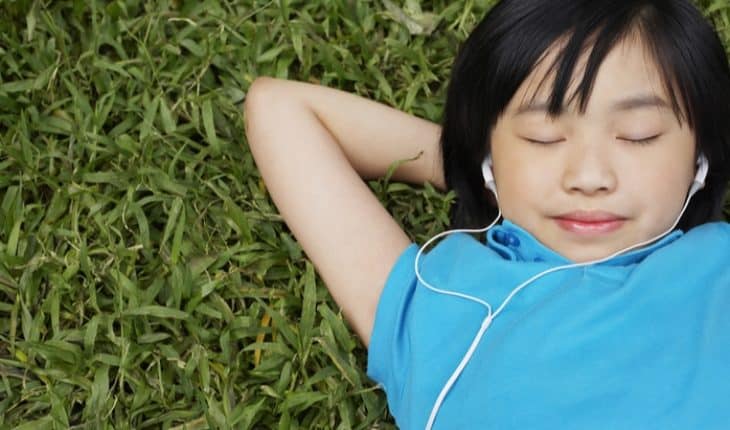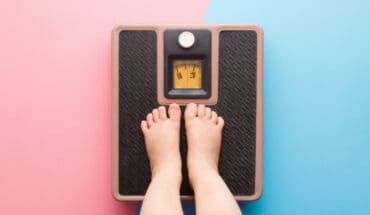Once it’s gone – it’s gone. If you lose your hearing you can’t get it back. So, it’s important to take care of it. Here’s how:
• Turn it down!
Don’t automatically override the high-volume warning when listening on your mobile device. The current World Health Organisation (WHO) recommendations are to limit your exposure to no more than 85dBA over any eight-hour period.
A smartphone can output more than 100dB – at that volume it’s only safe to listen for up to 20 minutes in any eight-hour period before your hearing is damaged.
• Background noise
We tend to listen at 6-10dB above the level of the background noise. On an underground train the background levels can be as high as 90-100dB – attempting to get the volume above that puts you well into the danger zone.
Use earplugs in noisy environments or, if you want to listen to something, wear over-ear (preferably noise-cancelling) headphones that block out most of the noise, letting you listen comfortably at less harmful levels.
Noise-cancelling headphones allow you to listen at a lower volume for three to four times longer. In-ear noise-cancelling headphones will reduce ambient noise by a factor of 10, over-ear ones by 20 (their physical shape makes an effective barrier). They work by cancelling out the ambient noise – making it quieter even if you’re not actually listening to anything. You’ll still have to listen at 6-10dB above the noise ‘floor’ (residual level), but as that will be much lower, the total listening level will be correspondingly lower.
• Peace and quiet
As our exposure to sound is calculated as an average over a 24-hour period, creating quiet times will help bring the average down and your ears will benefit from a period of no or low exposure to sound.
Make your bedroom environment as quiet as possible. If you live near a busy road this might be tricky, but double glazing and heavy-duty blackout curtains can help (they don’t just block out the light).
Equally, in a noisy nightclub or concert, take an occasional break, move to a quieter area or perhaps wear earplugs for the support band.
• Know your dose
Length of time, volume, and ‘energy’ content are the combined factors which will give you your sound dose.
As a guide, electronic dance music is high energy – lots of beats, few gaps to recover – while speech, with lots of quiet pauses between words, is relatively low energy.
Hearing health experts at the WHO and the Noise at Work regulations suggest a figure of 80.22dB over a 24-hour period as an acceptable sound level. This is your Daily Sound Allowance (DSA®). You need to monitor this to stay safe.
Variety is good – if you like to wake up to high-energy music, consider listening to something gentler on the way home, perhaps a podcast. Also spend plenty of time resting your ears without headphones.
• Automatic protection
There are technologies now that can monitor your daily sound dose and tell you when you’ve literally heard enough.
For example, HearAngel monitors and calculates your personal sound dose and provides you with information and warnings at levels you choose. For example, you can set one warning level at 85dB, a second at 95dB (loud!) and set a warning at 75% of recommended Daily Sound Allowance®. When you get the warning that you have used 75% of your daily allowance, you may choose to activate automatic protection, which gradually reduces the volume (so you won’t notice), but will never affect phone calls, just content, such as music, games and videos. Most people would not notice a subtle 3dB drop in volume. It can even tell you how long you can continue using your headphones that day based on what you’ve already been listening to.
- Your Hearing is Precious – Here’s How to Protect It - 23rd August 2019








I recently bought a pair of custom ear plugs from Big Ear because I live near a rail road. I tried generic foam plugs but I just can’t sleep with them. I’m just glad that I can sleep now without bother.